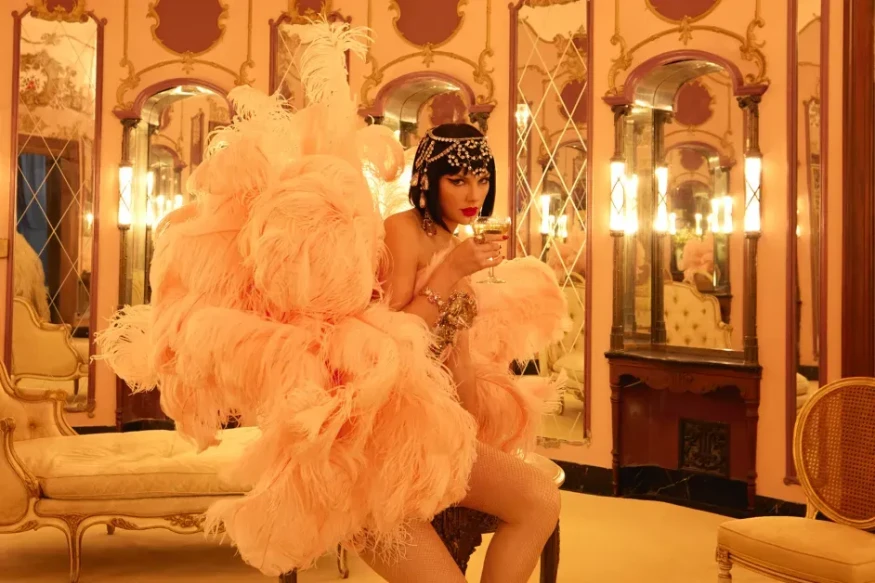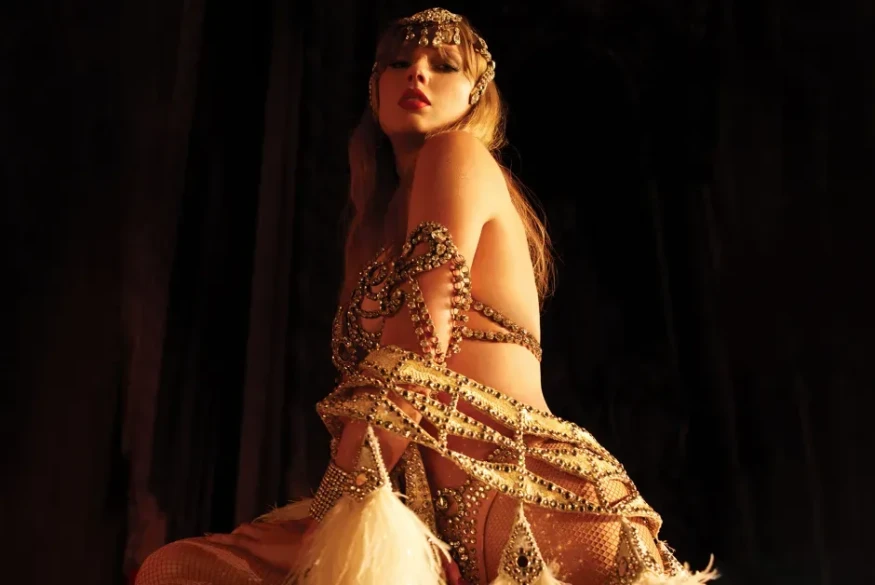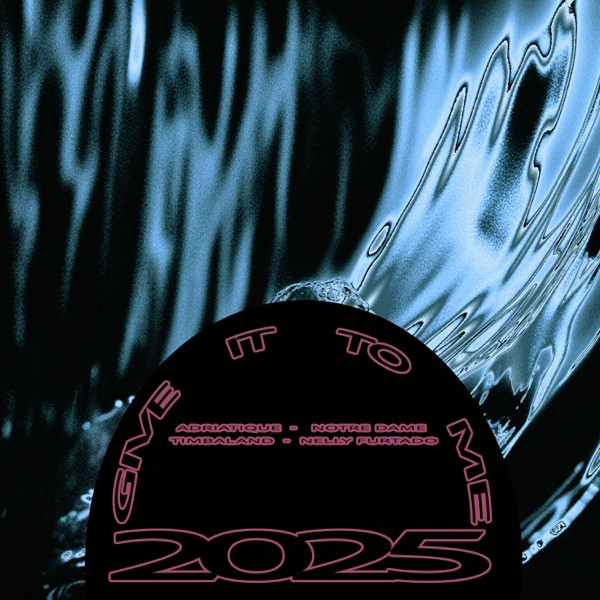
Taylor Swift addresses the mixed reactions to “The life of a showgirl” with confidence and wit. In her own words, she knows exactly what she created - a bright, ironic, and self-aware pop album that redefines what it means to be free as an artist
Taylor Swift is used to living in the spotlight, but this time, she’s shining brighter than ever — even when the world has something to say about her. With her new album “The Life of a Showgirl,” she’s faced the usual wave of opinions, praise, and criticism that comes with being one of the most talked-about artists on the planet. But true to her nature, she’s handled it with grace, humor, and absolute self-assurance. “I know what I made,” she said, smiling, a phrase that has already gone viral among her fans.
The album, released only days ago, has already divided listeners. For some, it’s a refreshing, clever, and playful record that shows Swift at her most creative. Others, however, have criticized its lyrics as “too simple” or “too ironic.” Yet Taylor Swift isn’t losing any sleep over it. She knows exactly what she’s doing — and, more importantly, who she’s doing it for. With the calm confidence of someone who has spent nearly two decades mastering her craft, she makes it clear she doesn’t owe anyone an explanation.
Speaking on Apple Music 1, Swift offered a candid look into her mindset. “The rule of show business is simple,” she said. “If it’s the first week of my album release and you’re saying my name or the title of my record, you’re helping me.” Then she laughed, adding, “I’m not the art police. Everyone’s entitled to feel however they want.” It’s the kind of effortless wit that perfectly sums up how she navigates fame — with self-awareness and humor, not defensiveness.
“The Life of a Showgirl” is more than a pop album. It’s a statement — one that celebrates irony, lightness, and the art of reinvention. Coming off the introspective “The Tortured Poets Department,” this record feels like a breath of fresh air. Swift trades melancholy for mischief, allowing herself to have fun again. Songs like “Eldest Daughter” and “Cancelled!” play with modern language and internet humor, showing she can poke fun at herself while capturing the zeitgeist of her generation.
She’s always known how to turn language into a mirror, reflecting both herself and the world around her. On “Showgirl,” Swift blends satire with sincerity, revealing a lighter, more playful version of her artistry without losing depth. It’s clear she’s no longer creating with the intention of pleasing everyone — she’s making what feels authentic to her. After years of chasing perfection, awards, and validation, she’s now making music on her own terms.
Her words in interviews make that clear. “Music is personal,” she explained. “The way people connect to it depends on where they are in their lives. What you’re going through affects how you hear my songs.” For Swift, the criticisms don’t sting because she understands perspective. “If someone doesn’t get it right now, that’s okay. Sometimes it takes time for people to see what’s beneath the glitter.”
This new era of Taylor Swift is one defined by freedom. Gone is the constant need to prove her worth — replaced by a creative confidence that feels effortless. “The Life of a Showgirl” captures a woman in control of her image, her sound, and her narrative. It’s smart, cheeky, and unapologetically self-aware, filled with radiant melodies and witty lyrics. The result isn’t careless or shallow; it’s deliberate, designed to reflect the pop star who’s learned to laugh at herself while still delivering songs that hit emotionally.
In her own words, she wanted to make something “fun, flirty, and a little bit sexy.” And that’s exactly what this album is — a polished, vibrant project that celebrates imperfection. It’s Swift letting loose, unafraid to take risks or explore the absurdity of fame. Even when she’s playing a character, there’s truth in her performance. “Showgirl” feels like a wink at the audience — as if she’s saying, “I know how this looks, and I’m in on the joke.”
Of course, numbers tell part of the story too. Within days of its release, “The Life of a Showgirl” sold over three million copies in the United States, reaffirming Taylor Swift’s position as one of the most influential forces in the global music scene. Online, fans dissect every lyric, searching for hidden meanings and Easter eggs. Critics, meanwhile, continue to debate whether this is her most daring artistic move or simply her most carefree. But that conversation, in itself, is proof of her power — she knows how to make people talk.
And she doesn’t seem to mind the noise. Instead, she thrives in it. The way Swift addresses criticism shows a woman completely at peace with who she is. When she says, “I know what I made,” it’s not defensive; it’s confident, almost serene. It’s the declaration of an artist who’s long past needing validation. After all, this is someone who’s won 14 Grammys, broken chart records, and reshaped pop music — she has nothing left to prove.
For Swift, “The Life of a Showgirl” isn’t about chasing perfection. It’s about honesty. It’s about enjoying the spectacle while staying grounded in authenticity. She’s showing that pop music doesn’t have to be heavy to be meaningful — that joy, humor, and irony can also tell powerful stories. It’s a reminder that her artistry doesn’t live in grand statements alone, but also in the small details that make her music human and relatable.
Fans and critics alike recognize that no one in modern pop balances storytelling and spectacle quite like Taylor Swift. She’s not just a performer; she’s a narrator of her generation. Every era tells a different story, and “Showgirl” feels like her most self-aware chapter yet — a colorful blend of performance and truth.
By embracing playfulness, she’s also embracing her independence. This is Taylor Swift without fear, fully in charge of her creative identity. She’s no longer reacting to what others say — she’s writing her own narrative. And while some may miss the darker tone of her previous work, many see this as a natural evolution, proof that she can transform without losing her authenticity.
As Swift herself put it, “I have my eyes on timelessness. I know what I made. I love it. Everything happening around it is just part of the story.” It’s a perspective only an artist of her experience could have — one that mixes wisdom with a wink.
“The Life of a Showgirl” may be playful, but it’s far from trivial. It’s a reminder that the world’s biggest pop star is still evolving, still experimenting, and still writing her truth, one lyric at a time. Whether people love it or debate it endlessly, Taylor Swift remains what she’s always been: an artist who knows exactly who she is and what she’s made.







